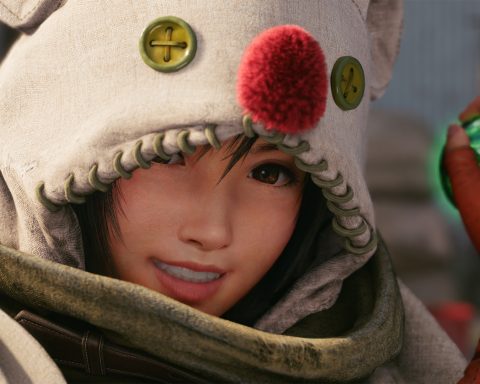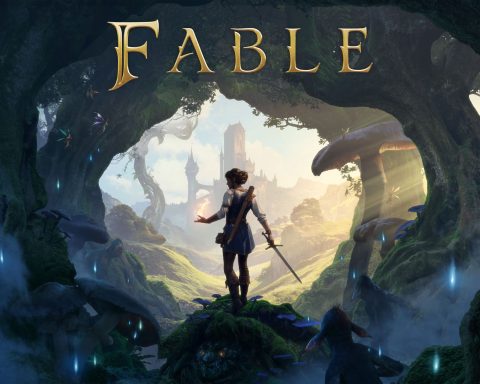It’s no secret that games retailers are facing some serious threats in the near future from digital distribution. Slowly but surely, a consumer’s games spend will go into these more convenient and often less expensive shopping experiences, and that will cannibalise into the retailer’s own sales.
 |
| Retailers need to take a closer look at Apple |
 |
| A smart retailer would be able to do serious business with the PSPGo. Instead they refused to sell it at all |







